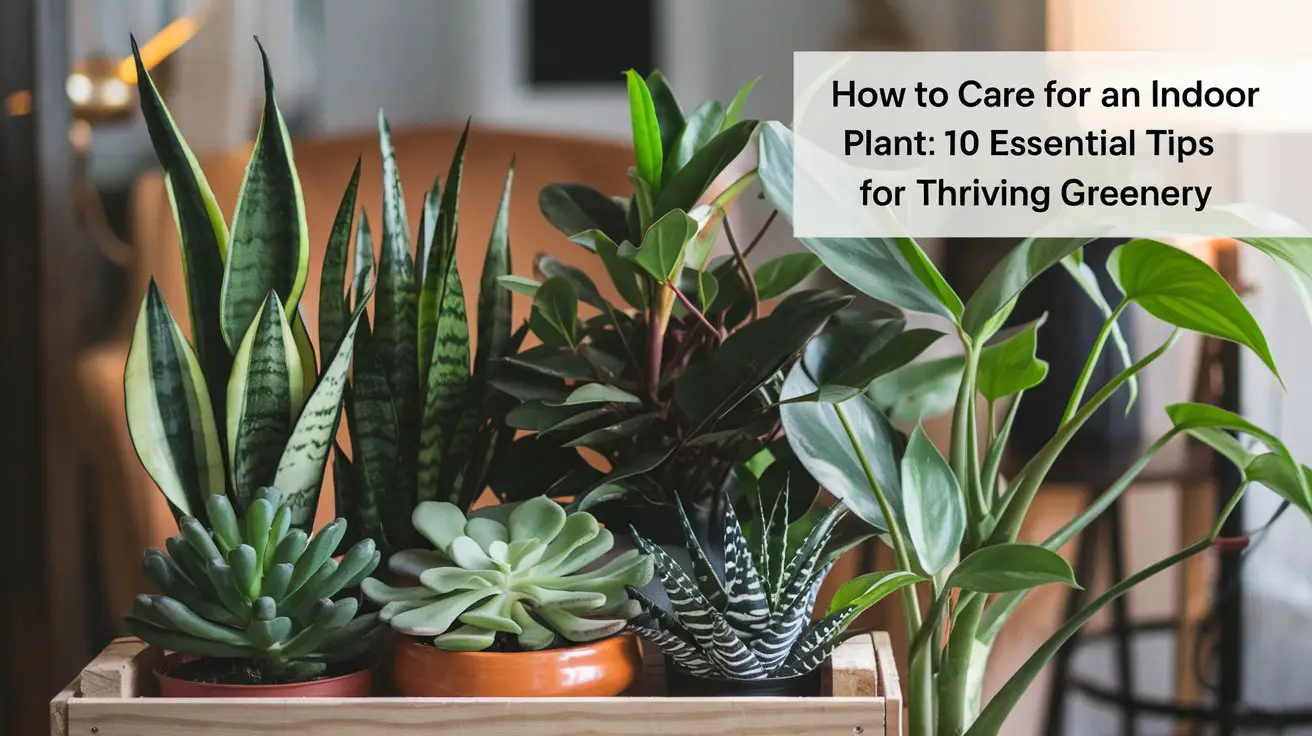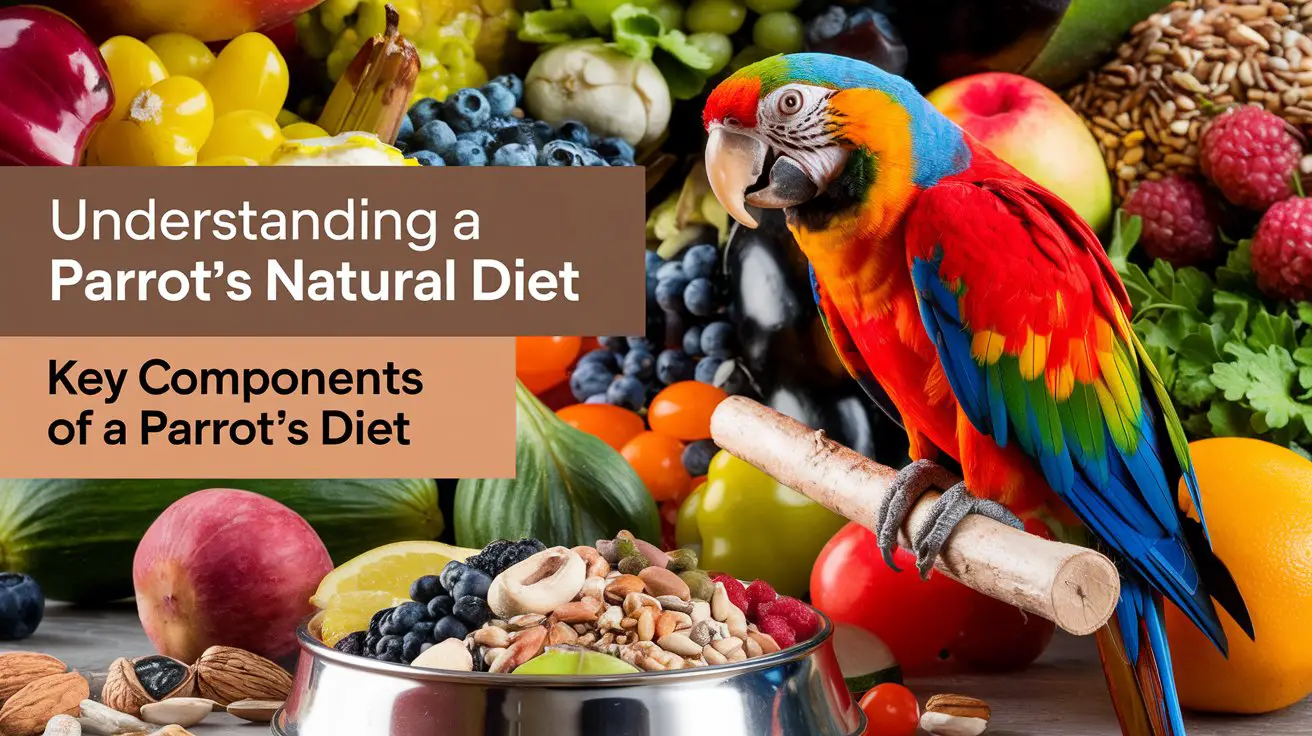When it comes to parasites, many people immediately think of fleas and ticks affecting dogs and cats. However, birds are equally susceptible to these tiny invaders, which can cause significant discomfort and health problems. Whether you own a parrot, canary, or nightingale, understanding the risks of parasites and how to address them is essential for your bird’s well-being. Let’s explore everything you need to know about bird parasites and how to protect your feathered friend.
Types of Parasites in Birds
Parasites affecting birds can be broadly categorized into two groups:
1. External Parasites
External parasites live on the bird’s body, causing irritation and visible symptoms. Common types include:
- Bird Lice: These are among the most common external parasites in birds. Symptoms include feather loss, itching, and restlessness.
- Mites: Feather mites and red mites feed on blood and cause severe irritation, particularly at night.
- Fleas and Flies: These pests can bite and disturb your bird’s comfort, especially in outdoor aviaries.
Signs of External Parasites:
- Frequent preening or scratching.
- Bald patches or damaged feathers.
- Behavioral changes like increased restlessness.
2. Internal Parasites
Internal parasites, such as worms and harmful microorganisms, reside in a bird’s digestive tract or other organs. While less common in birds raised in captivity, they can still occur under certain conditions.
Signs of Internal Parasites:
- Abnormal droppings (e.g., diarrhea, changes in color or consistency).
- Weight loss despite a healthy appetite.
- General lethargy or weakness.
How Birds Get Parasites
Parasites can infest birds in various ways:
- Contact with Nature: Birds allowed outdoor access or those in aviaries can pick up parasites from wild birds or contaminated environments.
- Poor Hygiene: Unsanitary cage conditions increase the risk of parasite infestations.
- New Additions: Introducing a new bird without proper quarantine can spread parasites to existing pets.
Preventing Parasites in Birds
Prevention is the best strategy to protect your bird from parasites. Here are some practical tips:
1. Maintain Clean Living Conditions
- Regularly clean and disinfect your bird’s cage, perches, and feeding utensils.
- Use bird-safe cleaning products to avoid harmful residues.
2. Monitor Your Bird’s Health
- Conduct regular visual checks for signs of external parasites.
- Observe droppings for abnormalities.
3. Use Preventative Treatments
Products like Tabernil are specifically designed to prevent and treat bird parasites. However, always consult a veterinarian before starting any treatment.
4. Limit Outdoor Exposure
If your bird spends time outside, ensure they are in a secure, screened area to minimize contact with wild birds and insects.
Treating Parasites in Birds
If you suspect your bird has parasites, prompt action is crucial. Follow these steps:
- Consult a Veterinarian: A professional diagnosis is essential for accurate treatment.
- Administer Medication: Depending on the type of parasite, your vet may prescribe topical treatments, sprays, or oral medications.
- Improve Hygiene: Deep-clean your bird’s living area to prevent reinfestation.
Conclusion
Parasites like lice, mites, fleas, and internal worms can significantly impact your bird’s health if left untreated. By maintaining cleanliness, monitoring for symptoms, and using preventative measures, you can keep your feathered companion safe and comfortable. When in doubt, always seek veterinary guidance for effective treatment.
Protect your bird from parasites, and enjoy the joy of a healthy, thriving feathered friend!



Leave a Comment